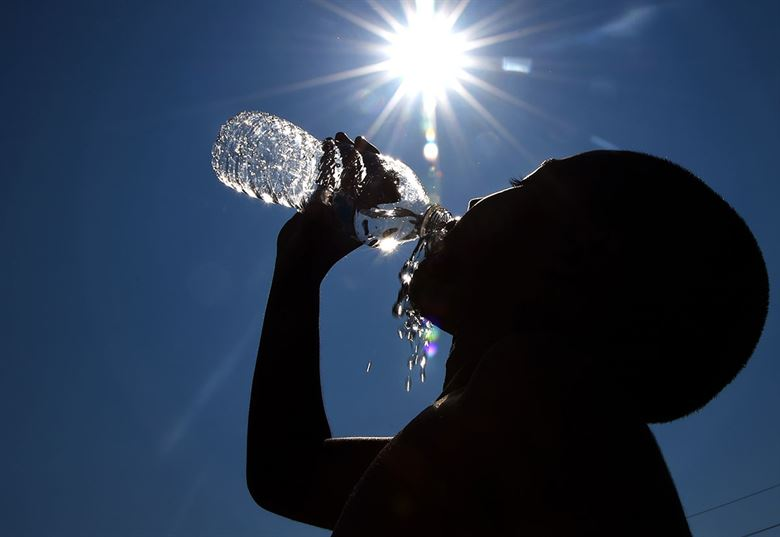Bhubaneswar: With the India Meteorological Department (IMD) Friday predicting severe heatwave conditions in the state this summer, scientists at the regional meteorological centre in Bhubaneswar said the impact will be maximum felt in the interior districts. Senior scientist Umashankar Das told Orissa POST that the heat wave situation, starting from April, will have its extreme impact felt in districts like Kalahandi, Mayurbhanj, Phulbani, Boudh, Balangir and Bhawanipatna. These districts are located in western and central Odisha. Das said early predictions have projected that the EL Nino pattern would arrive early in the state – in the first week of April – and would continue till the end June.
However, March would provide some relief due to the looming western disturbance. The non-monsoon phenomenon would tend to create slight rainfall in parts of Odisha, he added. “However, the EL NINO phenomenon beginning from April would continue for a prolonged period in the state, causing surface temperature to rise than normal. Side by side, the Bay of Bengal would tend to add to the heat in the entire state,” he added. He said monsoon may arrive very late in the state, most likely by end of June, breaking the spell of a heat wave. Guidelines for schools With the IMD predicting harsher summer days, the state School and Mass Education Department Friday directed all district education officers and schools to remain prepared and take precautionary measures to tackle the approaching heat wave situation. The department also released guidelines to be followed to tackle heat waves.
Additional secretary, of the School and Mass Education department, Durga Prasad Mohapatra issued the set of dos and don’ts to be followed by all government, government and private schools to tackle the heat wave situation during the season. As per the guidelines, schools, colleges, and other academic/technical institutions have been asked to ensure the availability of drinking water. Wherever required, tube wells inside the school campus may be repaired to ensure an uninterrupted drinking water supply. Moreover, the institutions have been directed to stock sufficient ORS and provide it to students/ staff in need of the same. “Outdoor activities have to be restricted so that the students are not exposed to heatwave conditions.” Parents have been urged to ensure that their children carry a water bottle while going to school/ college.
DEBADURLLAV HARICHANDAN, OP
